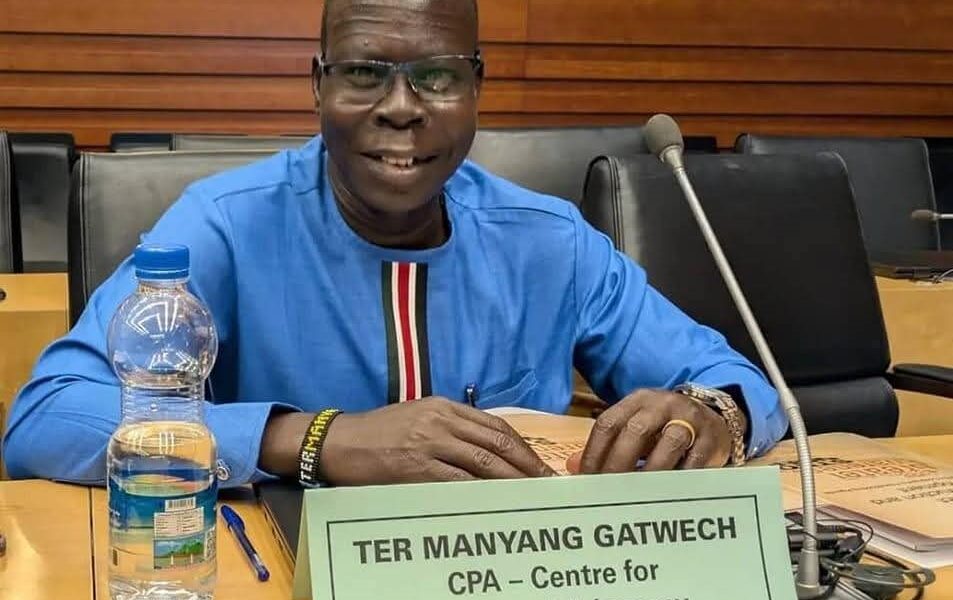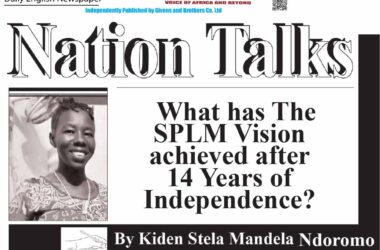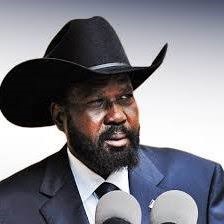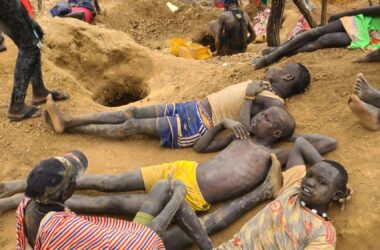By Alan Clement
As South Sudanese enter the 15th year of self-rule, civil Society activist tasked the country to reflect deeply on the meaning of independence.
According to Ter Manyang Gatwech, despite immense sacrifices to achieve independence in 2011, the realities that citizens face today, are a stark reflection of a nation that is far from freedom.
“More than half of our people are refugees or internally displaced. Civil servants go for years without salaries. Families cannot afford food or healthcare,” Ter lamented.
“This is not the independence our heroes died for!” the activist exclaimed.
Ter called for what he described as a “second liberation,” a liberation, achievable not through armed struggle, but through truth, justice, and democratic process.
He stressed that true independence would only be realized when no child goes hungry, civil servants paid on time, justice impartial, and leaders are accountable.
Despite the hardships, Ter praised the resilience of South Sudanese citizens, who continue to endure and smile, amid ongoing conflicts and hardship.
Ter remarks came as the country faces continued political uncertainty, economic strain, and widespread humanitarian needs, after 14 years of gaining independence from Sudan.
Meanwhile, in a message on the occasion of the 14th Independence Anniversary, the United Nations called on South Sudan’s leaders to resolve their differences, work towards peace and development.
Delivering the message on Tuesday, UN Secretary-General’s Deputy Special Representative to South Sudan, Anita Kiki Gbeho called for collective action to reduce political tensions among parties to the 2018 peace agreement.
She emphasised the need for parties to the 2018 Peace Agreement, to dialogue in order to settle political differences.




